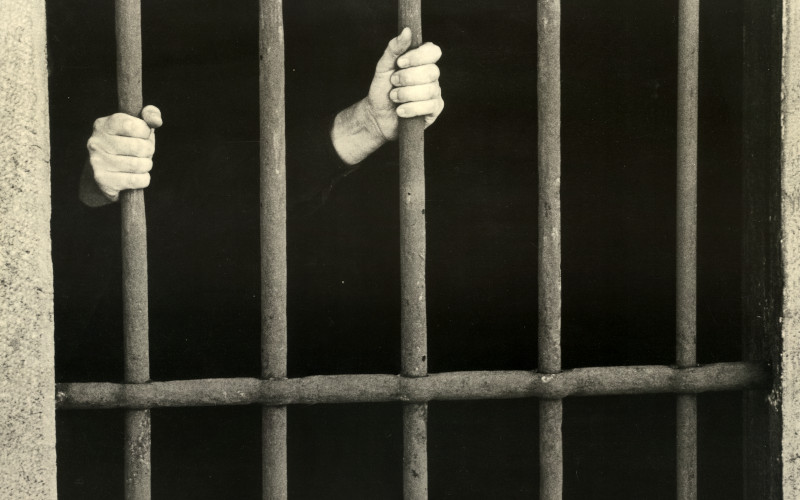The Institute of Contemporary History (New University of Lisbon), the International Institute of Social History (Amsterdam), The Archive Edgard Leuenroth (Unicamp/Brasil), the Centre for the Study of Spain under Franco and Democracy (Autonomous University of Barcelona) and the Maison des Sciences de l'Homme (France) organized the International Conference on Strikes and Social Conflicts in the Twentieth Century that took place in Lisbon between 17 and 19 March 2011.
The twentieth century has been confirmed as the century when the capital-labour conflict was most severe. The International Conference on Strikes and Social Conflicts in the Twentieth Century hosted submissions on the strikes and social conflicts in the twentieth century and works on the theoretical discussion on the role of unions and political organizations. We also invited researchers to submit papers on methodology and the historiography of labour.
We welcomed submissions on labour conflicts that occurred in factories, universities or public services, on rural and urban conflicts and also on conflicts that developed into civil wars or revolutions. National and international comparisons were also welcome.
After the Russian revolution the relative strengths of capital and labour were never again the same, with a period of revolution and counter-revolution that ended with World War II. Protagonist of the victory over fascism, the labour movement found itself neglected in the core countries under the impact of economic growth in the 1950s and the 1960s. But May 1968 quickly reversed the situation, with a following boom of labour studies during the 1970s. Nevertheless once the crisis of the 1970s was over, capital has regained the initiative, with the deterioration of labour laws, the crisis of trade unions and the subsequent despise in the academy for the study of social conflicts. The recent crisis, however, shows that workers, the ones who create value, are not obsolete. The social movements regain, in the last decade, a central role in the world.
The intensification of social conflicts in the last decade promoted a comeback to the academia of the studies on labour and the social movements. This conference aimed to be part of this process: to retrieve, promote and disseminate the history of social conflicts during the twentieth century.
Scientific Committee
Alvaro Bianchi (AEL)
Raquel Varela (IHC)
Sjaak van der Velden (IISH)
Serge Wolikow (MSH)
Xavier Domènech (CEDIF)
Program
The Conference had sessions in the mornings and afternoons, with conferences of invited speakers, among other, Marcel van der Linden, Fernando Rosas, Serge Wolikow, Beverly Silver, Kevin Murphy, Ricardo Antunes, Alvaro Bianchi, Dave Lyddon, Xavier Domènech.
There was an excursion guided by Prof. Fernando Rosas (Lisbon of the Revolutions); a debate about cinema and labour movement and a debate about Crisis and Social Change.

